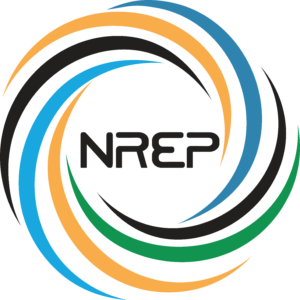On 2nd July 2025, the town of Nansana in Wakiso District became the epicenter of Uganda’s clean energy movement as it hosted the official launch of the Behaviour Change Communication for Electric Cooking (BCCeC) Project. Spearheaded by the National Renewable Energy Platform (NREP) in collaboration with the Ministry of Energy and Mineral Development (MEMD) and the Uganda National Alliance on Clean Cooking (UNACC), the project is supported by UK Aid through the Modern Energy Cooking Services (MECS) program.
The launch was part of a vibrant weeklong clean cooking exhibition held along Hoima Road at Kuma Store, from 30th June to 4th July 2025. The BCCeC Project is a bold step in Uganda’s national strategy to shift households and institutions away from traditional cooking methods like the three-stone fire toward safer, cleaner, and more efficient electric cooking technologies
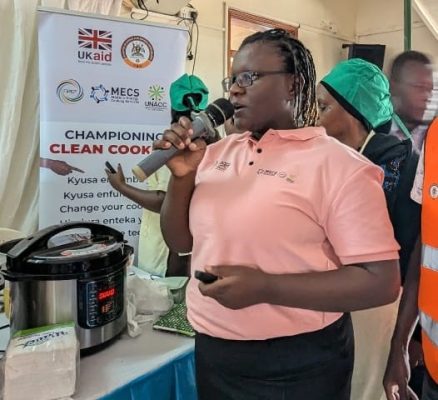
Mariah Kizza of NREP, began by asking participants if they were proud of using traditional three-stone cooking methods. Most admitted they weren’t, citing financial constraints as a major barrier to adoption of better cleaner alternatives. She emphasized the health benefits of switching to electric cooking and promoted Electric Pressure Cookers (EPCs) as affordable and efficient alternatives.
Mr. Godfrey Kimuli, the National Coordinator for NREP, outlined the platform’s mandate and its five thematic focus areas. He elaborated on the available cooking tariffs to make electricity use more affordable. He also introduced different clean cooking technologies, calling on participants to embrace the transition for a healthier and more sustainable future. Mentioned that the idea of energy transition begun sometime back with people using improved biomass technologies, instead of the three stone fire places.
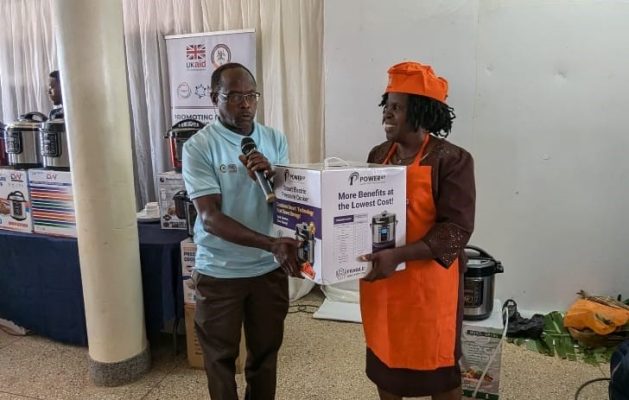
Key Highlights and Observations
The mayor of Nansana Municipality, Hon. Regina Bakitte Nakkazzi Musoke, welcomed the initiative and thanked the government for prioritizing clean cooking, especially within the Greater Kampala Metropolitan Area. She noted that the project comes at a critical time when health challenges from traditional cooking are on the rise, including illnesses such as cancer. The mayor expressed the need to reduce electricity costs to make clean cooking more sustainable and inclusive, and she called for innovation to cater to the unique needs of all community groups.
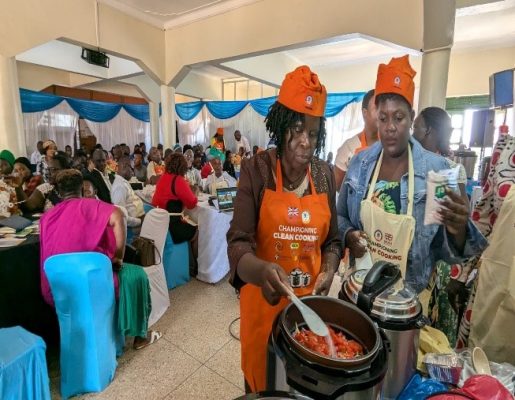
The deputy town clerk, Ms. Nabaggala Josephine Kafeero, also applauded the launch, describing it as a much-needed intervention for her community. She reaffirmed the municipality’s commitment to advocating for clean energy solutions and environmental conservation, urging residents to embrace electric cooking technologies for a cleaner and healthier future.
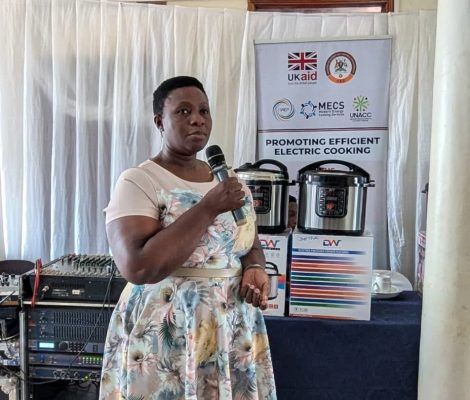
Key Challenges and Lessons Learned
Participants raised a number of challenges that continue to hinder the widespread adoption of electric cooking in Uganda:
- High cost of electricity, making it difficult for many households to rely on it for cooking. However, experts explained that appliances like EPCs are energy-efficient and consume minimal power.
- Unreliable electricity supply, which often disrupts the cooking process.
- Limited knowledge and skills, in operating electric cooking appliances such as EPCs.
These insights highlighted the need for more community sensitization, capacity building, and infrastructure improvements to make clean cooking a practical and appealing choice for all.
Conclusion
The launch of the BCCeC Project in Nansana represents a bold step towards achieving universal access to clean, modern, and affordable cooking solutions especially in urban areas of Uganda. By engaging communities directly, sharing knowledge, and demonstrating technology, stakeholders are not only advocating change but equipping people to act.


